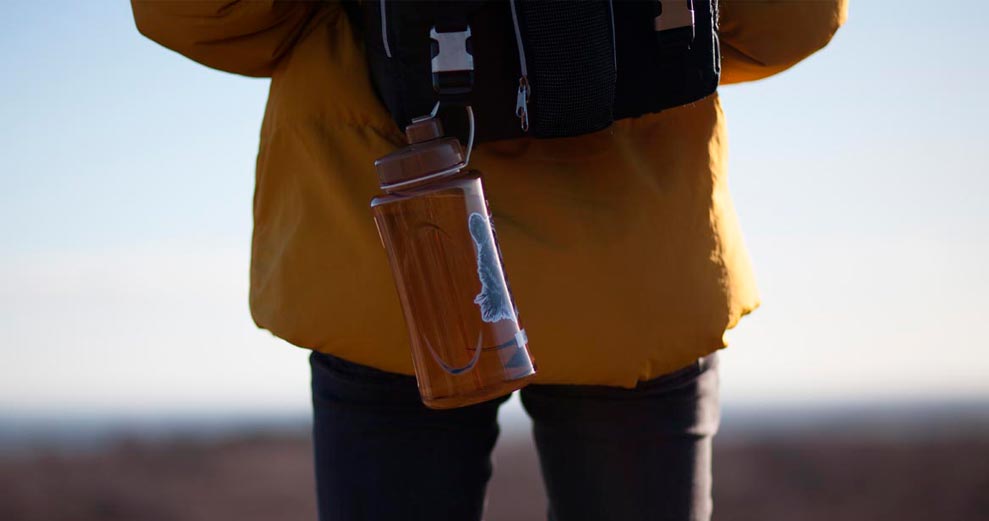Staying hydrated should be a top priority, even when you’re not traveling. To avoid headaches, low energy, shakiness, muscle cramps or worse on the road, students should follow these tips for getting the proper amount of fluids while on their adventures.
Drink water first thing in the morning and last thing at night.
This could mean students setting an alert in their phone, having a water-drinking accountability buddy, or some other reminder. By starting and ending each day with water consumption, you’re doing yourself a huge favor—especially if students are going to be in hot weather outside all day.
Encourage students to bring their own reusable water bottles.
Not only is this a way to ensure everyone always has water on them at all times, it’s also much more environmentally friendly and sustainable than disposable plastic bottles. If you’re worried about water quality, be sure the bottles are equipped with their own filtration system.
If flying, be sure to drink water during the entire flight.
Sure, this might mean students will have to get up and use the lavatories more often than they might normally, but it’s worth it to feel refreshed and healthy upon arrival.
Be mindful of what you’re consuming.
Be aware that caffeine or sugar overload is never the goal and drinks like soda and coffee should be avoided. Encourage students to incorporate hydrating and potassium-rich snacks like bananas, coconut water, bell peppers, carrots, cucumber, and spinach.
It’s imperative to know how much water to drink, as well. This article from Mayo Clinic sheds some further light on how much water to drink and what influences our need for water.
Written by Sarah Suydam, Staff Writer for Teach & Travel.




